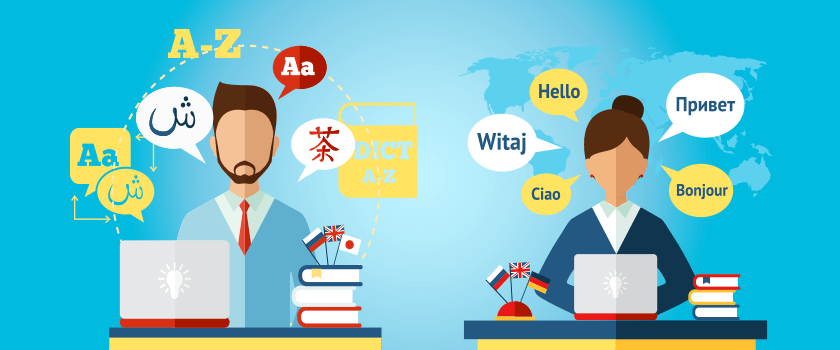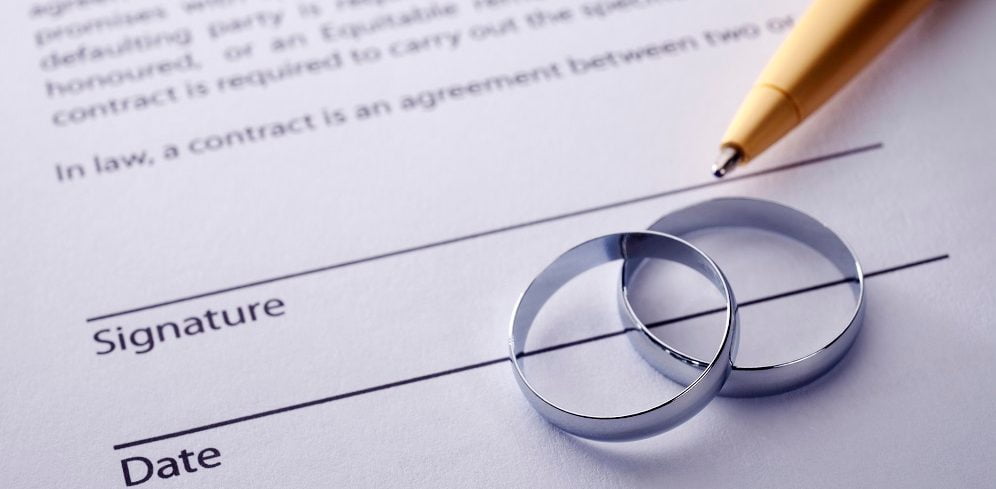Today, the United Arab Emirates (UAE) is an international center for commerce, innovation, and cultural diversity. Hence, the translation of business documents has become one of the key services sought by companies trying to break language and cultural barriers in the region. Between a mixture of locals and expatriates, the linguistic scenario in the UAE is quite vibrant and dynamic, especially for someone who has never visited this part of Earth ever before. This blog sheds light on the most demanded languages for business translations in the UAE and why these languages contribute to commercial success.
The Importance of Business Translation in the UAE
With over 200 nationalities residing in the country, the UAE is culturally one of the most diverse nations in the world. Consequently, any business operating in such a setting will find itself having to communicate with stakeholders, clients, and partners belonging to different linguistic groups, backgrounds and even dialects. Whether it be legal documentation, marketing literature, product manuals, or corporate training material-the essence of professional translation is clarity, conformity, and credibility.
Translation goes far beyond mere conversion of text as it is the adaptation of your message so that it resonates with the audience. In the UAE market, where business dealings tend to take place in more than one language, hiring professional translation services is definitely a sensible strategic choice.
1. Arabic Translation Services: The Cornerstone of Communication
Being the official language of the UAE, Arabic translation services are by far the most sought-after ones. Government documents, legal papers, advertising campaigns, and financial reports often need to be accurately translated into Arabic to conform to regulatory standards or to appeal to local audiences. The following reasons also justify this thinking further, explaining you in detail why it is necessary to hire Arabic translation services.
- Regulatory Compliance: Obtaining government approvals and licenses within many sectors mandates the presence of documents written in Arabic.
- Cultural Sensitivity: Marketing and PR campaigns have to be tailored to cultural sensitivities to avoid misunderstandings.
- Wider Reach: A big chunk of the population is Arabic-speaking consumers and stakeholders.
Arabic translation services are thus an investment that no business can do without if it aims to build credibility and gain the trust of the people in the region.
2. English: The Lingua Franca of Business
Even though Arabic remains the national language, English is prevalent and is widely accepted to be the language of business in the UAE. Most contracts, business proposals, financial statements, and educational materials are all produced in English; there are still occasions when English content needs to be translated into other languages for purposes of in-house training, cross-border collaboration, or client correspondence.
English acts as a link between the local communities and the numerous expatriates, thereby ranking high among multilingual communication in business.
Mandarin Chinese: Tapping into Asia’s Economic Powerhouse
China has grown into a key economic partner of the UAE, especially in infrastructure, technology, and trade. As the Belt and Road Initiative grows, Mandarin Chinese is becoming a strategic language of business in the region.
A very important sphere for Mandarin translation services is:
- Real Estate Investment: Several Chinese nationals invest in properties in the UAE.
- Retailing and Tourism: Customized content for Mandarin-speaking clients is expected to increase user experience and sales.
- Trade Documentation: Importers and exporters doing business with China need contracts and shipping documents in bilingual form.
3. Hindi and Urdu: Connecting with the South Asian Workforce and Consumer Base
The one in every two expatriates of the UAE are Indians and Pakistanis; Hindi and Urdu, hence, play an instrumental part in internal corporate communications, customer services, and marketing. Real life examples in this case will most certainly include:
- Employee Training Materials: The materials must allow safe practice.
- Community Outreach: Pertaining to health care, retail, and public services.
- Localized Marketing: Advertisements and promotions targeting these communities give better results.
Professional translation in both Hindi and Urdu will make the organization more inclusive and at the same time make its functioning smoother while increasing customer satisfaction.
Selecting the Right Business Translation Person in the UAE
Given these various linguistic needs, any translation service provider that has to be considered for the service needs to have:
- Native linguists acquainted with industry-specific terminology
- Cultural competency for localizing content
- Regulatory knowledge to comply with the laws of the UAE
- Technology integration, such as translation memory, to maintain consistency across projects
Whether for Arabic translation services or German to reach the markets and business translation services in the UAE, the right partner can provide a big push towards establishing a market presence and engaging with customers.
Concluding Thoughts
In a multilingual and multicultural setting such as the UAE, communication is more than an add-on; it’s a competitive necessity. Investing in professional translation services in languages important to the region, such as Arabic, German, Mandarin, Hindi, and French, marks the beginning of sustained success for any organization.
As the UAE continues to grow into one of the key global business hubs, so will the demand for translation-quality services. In a world that is defining lucrative opportunities, build trust with the future market by embracing linguistic inclusivity and cultural accuracy.


